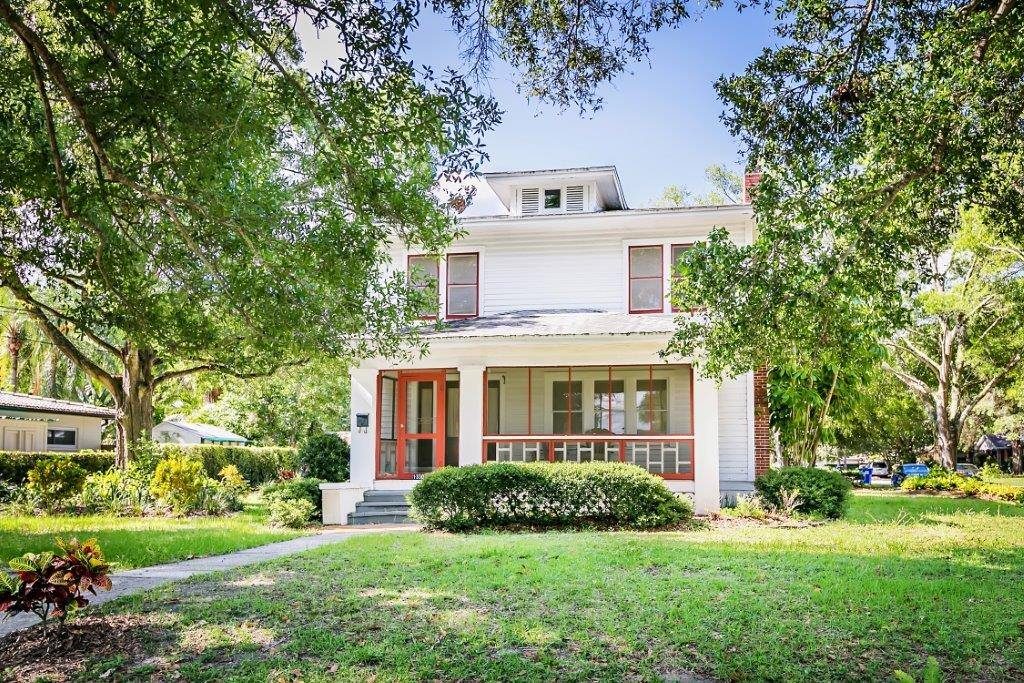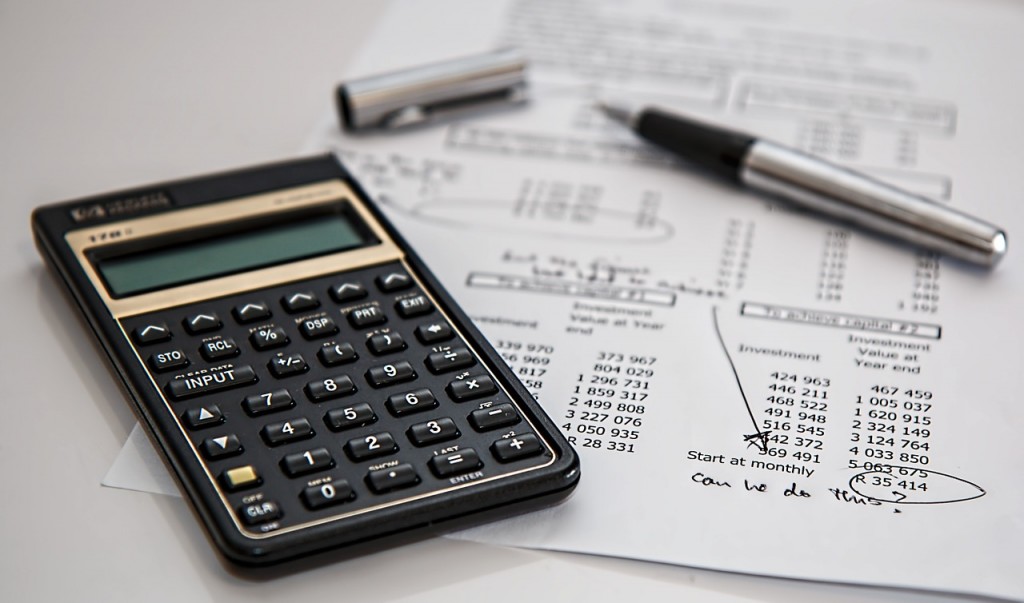Many outsiders call to mind images of multi-story condos and mid-century ranch style homes when they think of Florida architecture. And while these styles are prevalent in the Florida real estate market, there are quite a number of historic homes within our communities. These homes are pieces of living history and are bought and sold every year. If you’re planning on buying a historic home or one unexpectedly swept you off your feet, consider a few points before you sign the agreement of sale and put down a deposit.
What makes a home historic?
Age alone doesn’t determine if a home has “historic” status. A home is only considered officially historic if it is part of the National Registry of Historic Places or part of a similar local registry or homes that are located within a designated historic district. These homes will have historic easements attached to their titles that places certain conditions and obligations to all current and future owners.
How much does a historic home cost and how can I finance one?
The value of a historic home is just like any other property, it is dependent on a myriad of factors including the size, condition, and location. A historic home is excellent condition in a desirable area could end up costing more than a more recently constructed home. Financing is again determinant upon a number of conditions. If the home is move-in ready, securing financing may be as simple as financing any other home. If the home needs extensive repairs however, you may not be able to secure a conventional, FHA, or VA loan. There are other options available though include a 203k mortgage or a Fannie Mae HomeStyle rehab mortgage.

Historic gem in St. Pete we helped sell in 2015.
Is it difficult owning a historic home?
Owning a historic home does come with unique requirements based on the historic easement. Things like paint colors and landscaping may be dictated within the easement restrictions. When repairs need to be made you may be required to repair with materials from the home’s original era, which can be pricey if the item is large or a rare find. Utility bills may be higher depending on the type of fuel needed to heat the home, the quality and level of insulation, and if the home can be efficiently cooled.
What are the benefits of buying a historic home?
There are some surprising benefits to owning an official historic home. Many states and local municipalities offer tax incentives either in the form of lower property taxes and/or low-interest loans or grants to aid repairs that protect the historic aspects of the home. Buyers may also find that historic homes offer unique architecture and amenities newer homes no longer offer. If you purchase a home on the National Registry of Historic Places you may be able to write off the cost of repairs on your tax return. You should contact the National Park Service and your accountant to see if your home qualifies.
If you’ve fallen in love with a home that’s older than most don’t let the “historic” designation scare you off. With the right amount of due diligence you could own a piece of history that is also the home of your dreams.

